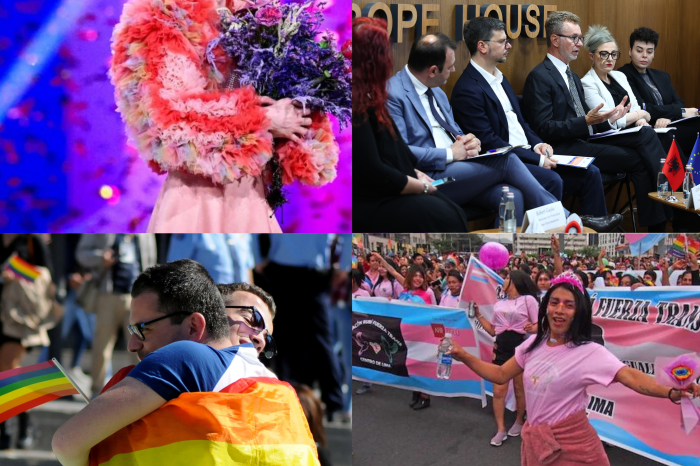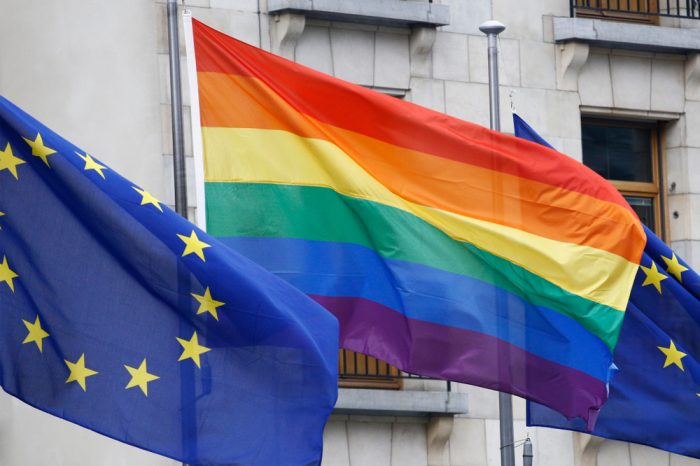What can the European Union do for LGBTI rights?
The European Union and its member states have officially committed to the promotion and protection of all human rights of LGBTI persons. EU Delegations and the embassies of the 28 EU Member States should therefore ideally provide support to local LGTBI organizations. Through different tools the EU official policy is to actively support LGBTI rights. These tools are described in the EU LGBTI guidelines for the EU delegations and member state embassies.
The EU LGBTI Guidelines prescribe a pro-active attitude for EU Delegations and National Embassies of EU countries regarding the promotion of LGBTI rights. There are four priority areas on which the EU Delegation and Embassies should fokus
· Decriminalisation and combating discriminatory laws and practices
· Equality and non-discrimination
· Combating LGBTI-phobic violence
· Supporting LGBTI Human Rights Defenders
Last fall, together with ILGA – Europe COC conducted a global survey on the implementation of the EU LGBTI Guidelines that support this conclusion. The research found that in some countries, there were signals that the EU Delegation and some National Embassies of EU Member States are pro-actively implementing them, in consultation with the local LGBTI organisations. In most countries however, LGBTI organisations reported that the Embassies were inactive, carried out only symbolic actions without a broader strategy or took action without consulting the LGBTI organisations, which was therefore sometimes counterproductive.











